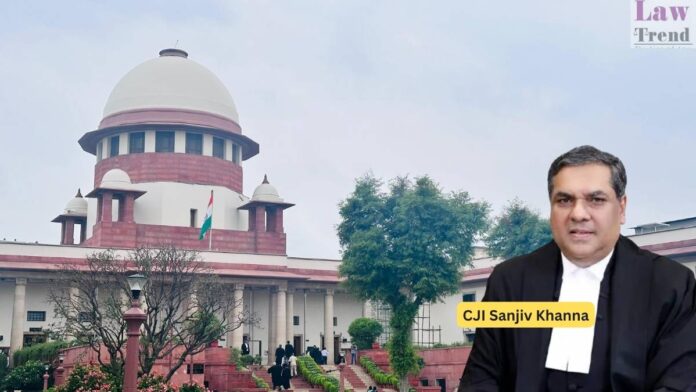In a pivotal meeting on Sunday, the Chief Justice of India, Sanjiv Khanna, along with other senior Supreme Court justices, convened with high court judges to deliberate on critical issues including the appointment of ad-hoc judges and the establishment of evening courts. This gathering followed a national judiciary conference held by the apex court, aiming to address the significant challenges faced by the state judiciary.
The discussions, which involved Chief Justice Khanna, Justice B R Gavai, and Justice Surya Kant, focused on filling judicial vacancies and exploring the establishment of evening courts to ease case backlogs. The recent authorization by the Supreme Court on January 30 allows high courts to appoint ad-hoc judges—up to 10 percent of their total sanctioned strength—to tackle over 18 lakh pending criminal cases.
Saturday’s conference, attended by members across the judicial spectrum, from the apex to district courts, highlighted the urgent need for strategic reforms. It emphasized identifying bottlenecks in case disposal and devising strategies to reduce case backlogs at various levels of the judiciary.
The technical sessions of the conference, led by Supreme Court justices, explored diverse topics crucial for enhancing judicial performance. Discussions ranged from narrowing the gap between case institution and disposal, improving case categorization uniformity across courts, and leveraging technology to optimize judicial processes.
Further, the conference looked into the timely recruitment of judicial officers and court staff, the continual recruitment of public prosecutors or legal aid counsels, and the creation of a permanent IT and data cadre in all high courts and district courts. These discussions also covered measures to enhance objectivity in the process of recommending district judiciary candidates for elevation to the high courts.




